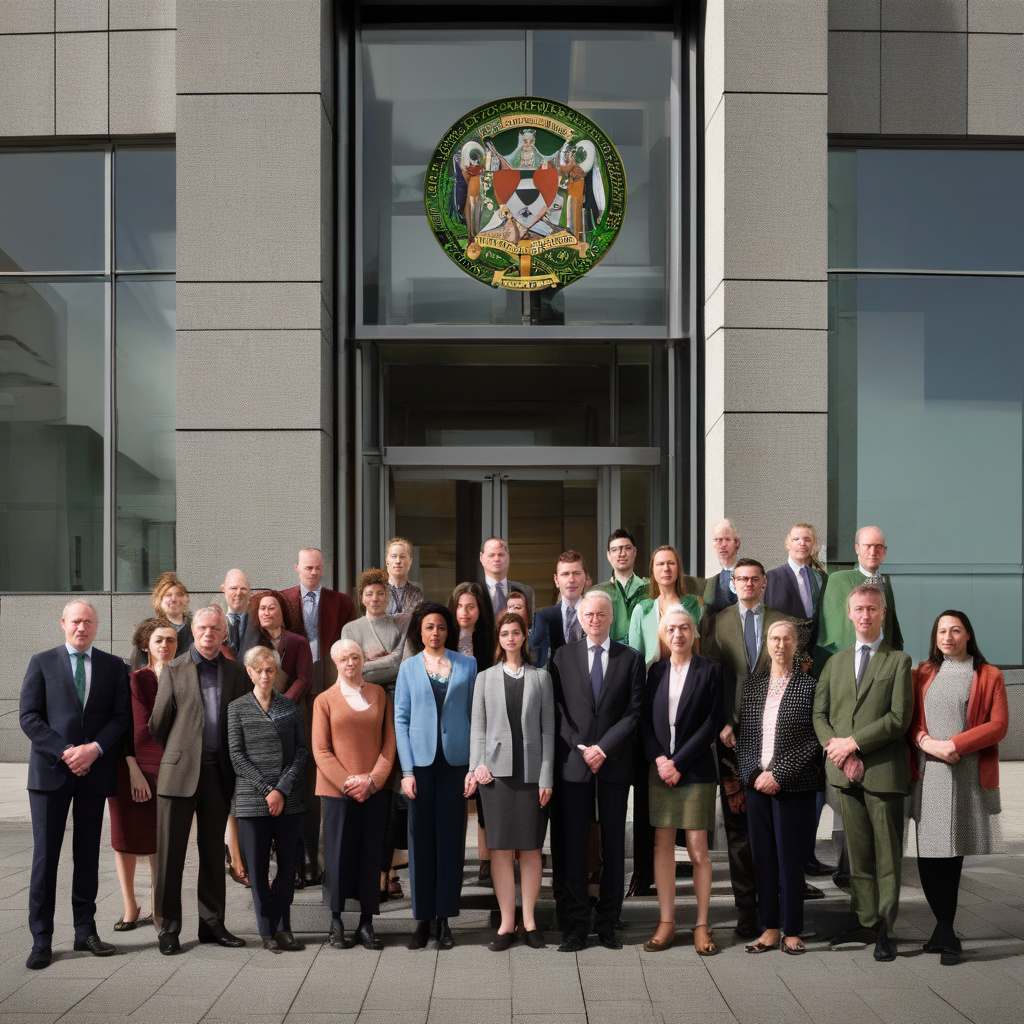Civil Groups Raise Concerns Over Independence of Irish Privacy Watchdog
Civil groups and privacy advocates have recently raised concerns over the independence of the Irish privacy watchdog, the Data Protection Commission (DPC), which enforces the EU’s General Data Protection Regulation (GDPR). Campaigners are calling for stronger oversight of the DPC to ensure that it can effectively enforce data protection laws and hold tech giants accountable for privacy violations.
One of the main issues that civil groups have highlighted is the perceived coziness between the DPC and tech companies, particularly multinational tech giants with European headquarters in Ireland. Critics argue that the DPC’s close relationship with these companies may compromise its ability to act independently and impartially when investigating data protection complaints.
For example, the DPC is currently investigating numerous complaints against tech companies such as Google and Facebook for alleged GDPR violations. However, some campaigners have expressed skepticism about the DPC’s willingness to impose meaningful penalties on these companies if they are found guilty, citing the watchdog’s track record of lenient enforcement actions.
Campaigners are also concerned about the DPC’s lack of transparency and accountability in its decision-making processes. The watchdog has been criticized for its slow pace in handling data protection complaints and for providing limited information to the public about its investigations and enforcement actions.
In response to these criticisms, some civil groups are calling for reforms to strengthen the independence of the DPC and increase its accountability to the public. One proposed reform is to establish an independent oversight body to monitor the DPC’s activities and ensure that it fulfills its mandate to protect individuals’ data privacy rights.
Another suggestion is to provide the DPC with additional resources and personnel to enable it to handle its growing caseload of data protection complaints more efficiently. By investing in the DPC’s capacity, advocates argue, the watchdog will be better equipped to hold tech companies accountable for GDPR violations and protect individuals’ privacy rights.
Furthermore, campaigners are calling for greater transparency from the DPC in its decision-making processes. They argue that the watchdog should proactively disclose information about its investigations, findings, and enforcement actions to the public to increase trust and accountability.
Overall, the concerns raised by civil groups about the independence of the Irish privacy watchdog highlight the importance of ensuring effective enforcement of data protection laws in the digital age. By addressing these concerns and implementing reforms to strengthen the DPC’s independence and transparency, Ireland can demonstrate its commitment to protecting individuals’ privacy rights in an increasingly data-driven world.
data protection, GDPR, Irish privacy watchdog, civil groups, accountability
